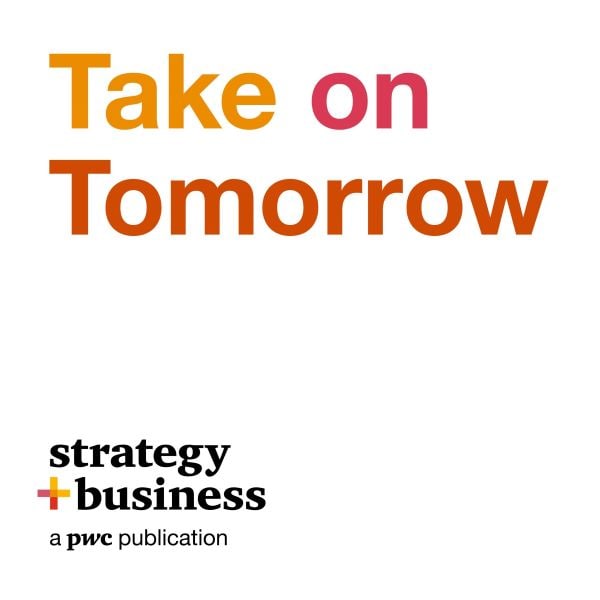{{item.title}}
{{item.text}}

{{item.title}}
{{item.text}}
At the upcoming 2025 annual meeting of the World Economic Forum, climate action will take centre stage.
CEOs are stepping up their game – our upcoming 28th Annual Global CEO Survey uncovers how they're turning sustainability into action, with bold investments shaping the future. Want to know how this is reshaping industries? For detailed insights and data, stay tuned for PwC’s 28th Annual Global CEO Survey - India perspective launching on January 21 during the World Economic Forum Annual Meeting in Davos.
PwC Global Chairman Mohamed Kande will join a panel on Tuesday 21 January to discuss how embedding AI tools in workforces promises huge productivity gains and what leaders can do to make the most of these innovations for their business and people. Watch the live panel here on Tuesday 21 January at 8:15 a.m. CET.
“What could your organisation achieve if you had unlimited intelligence at your command? The organisations that answer this question most compellingly will lead the Intelligent Age.”
As the capabilities of generative artificial intelligence (GenAI) continue to evolve, organisations are wondering how they can use it to drive job augmentation and workforce productivity, and the actions they can take to harness its full potential. To find out, the World Economic Forum and PwC embarked on a new piece of research focusing on how early adopters of GenAI are leveraging it across the workforce, the impact it is having and the lessons they have learned along the way. Based on interviews with more than 20 organisations across a wide range of industries and geographies, we found that successful deployment of GenAI depends as much, or more, on people than the technology itself.
Curious about how top experts are addressing the biggest challenges in the business world and beyond? Join Femi Oke, a broadcaster and journalist, and Lizzie O’Leary, a podcaster and journalist, to hear from some of the brightest minds, on the role of business in helping to solve society’s biggest issues. Including how to lead a responsible business, how quantum computing will radically change our world, and the future of our food. PwC’s Take on Tomorrow podcast is releasing two episodes recorded from Davos during the World Economic Forum Annual Meeting, which will unpack key programme themes and PwC’s 2025 Global CEO Survey results.
Discover new paths to future value
Make your climate actions count
The survey of 4,702 CEOs in 105 countries and territories reveals what issues are top of mind for CEOs in the year ahead. Watch PwC Global Chair Bob Moritz discuss the findings live from Davos.
"While the prognosis for India’s economic growth has largely been positive and there is tremendous optimism in the India growth story, Indian leaders must also be cognisant of addressing potential threats primarily from cybersecurity, inflation and health risks. An eye on disruption is also crucial."
According to the recently launched PwC’s ESG tax Survey, 93% of India business leaders believe that tax incentives are relevant for the adoption of ESG practices. Thus, there is an urgent need for policy intervention to enable and incentivise long-term climate mitigation measures.
Our upcoming CEO Survey also highlights the importance of AI in business, with a significant number of India CEOs anticipating that generative AI will deliver significant top and bottom-line benefits and enhance their company’s ability to build trust among stakeholders.
According to PwC’s Hopes and Fears 2023 edition, Employees are now looking for jobs that make them feel empowered, and provide them with a level playing field to learn, grow and stay ahead of the curve in a rapidly changing world. The findings indicated that employees placed a premium on organisational trust, innovation and hybrid ways of working. Organisations recalibrate their workforce strategy to accelerate their transformation journey to future-proof the organisation.
As per our Global Risk Survey 2023, 25% of business leaders have mentioned geopolitical conflict as one of the threats they feel highly or extremely exposed to in the next 12 months. Achieving security and cooperation in a fractured world has become paramount to safeguard national and global interests. Geopolitical flashpoints will force governments and organisations to increase investments in cybersecurity, transform supply chains and explore favourable alliances in order to stay resilient.


